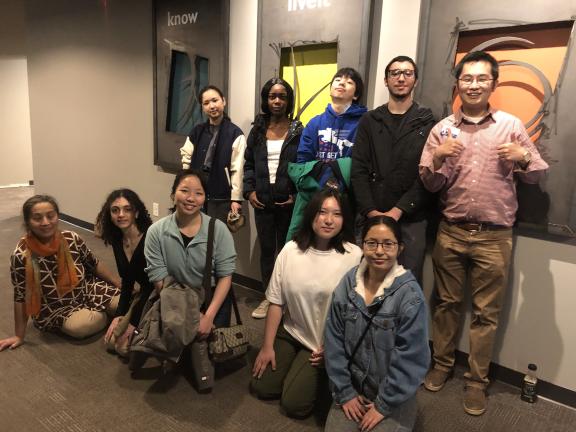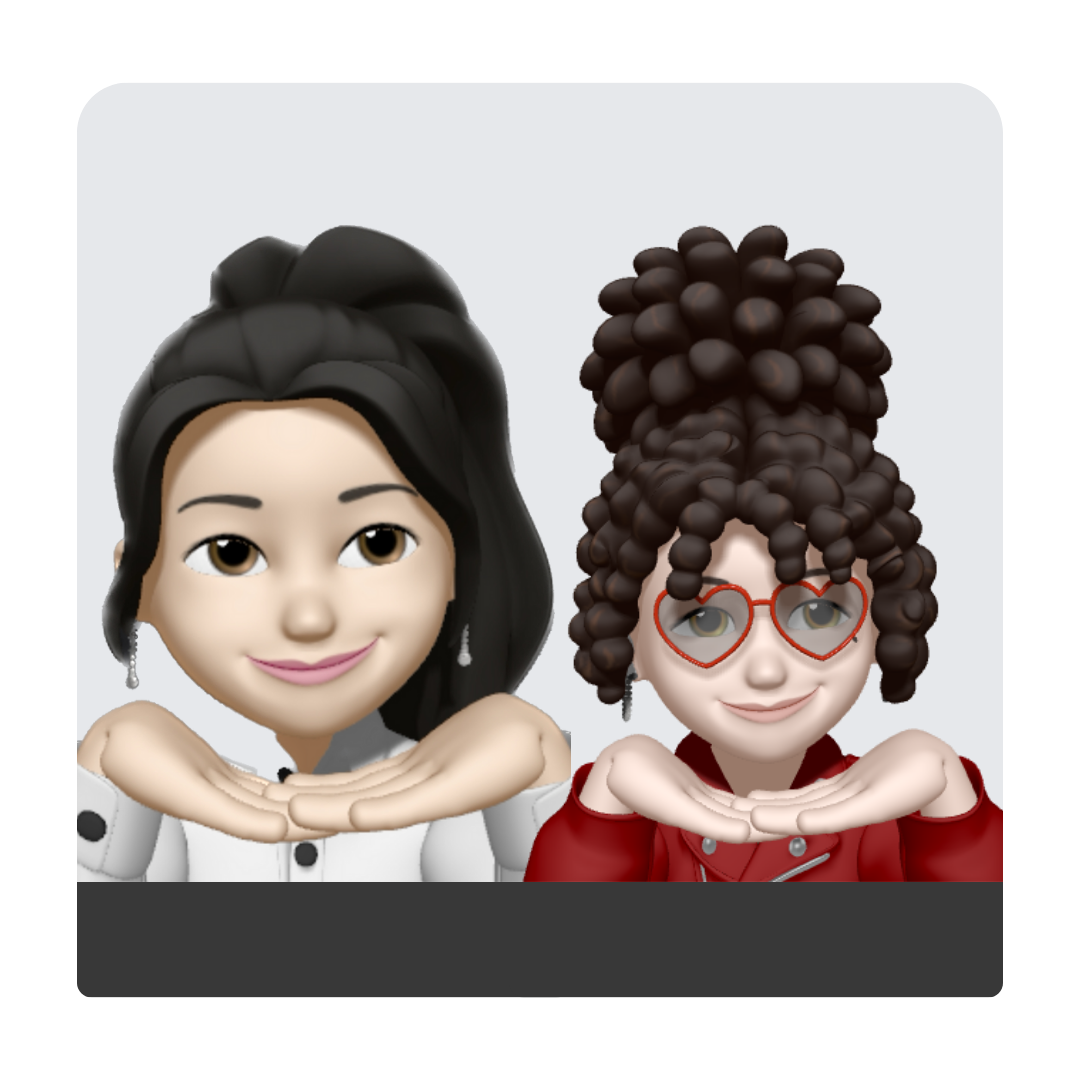The lack of knowledge about different cultures can also be detrimental to immigrants when Americans make comments about stereotypes, cultural differences, and ideas presented by those who are different from them. The lack of cultural sensitivity among students leads to racial bullying and can result in negative mental and physical health. Punam Subba, a Nepalese immigrant, said that she heard a group of freshmen laughing about stereotypical comments like, “Cuz she's Chinese, she must eat cats, rats, and dogs.” Hearing this comment made her uncomfortable, so she emailed the principal. Although she was promised that the person making the comments would be pulled from the class, when she arrived later, that same person was still there. This, understandably, made Punam feel uncomfortable. From that moment forward, she started skipping class to avoid them, and this caused her to fall back on her assignments. She needed a lot of time to regain the confidence to go back to that class. Nateaya, an American high school student, recalled a story in which someone in her class made fun of her friends because of African food. They called it “stinky” and “nasty.'' These comments made Nateaya angry. Food is an extremely important part of people’s cultures, but the limited understanding of other cultures in America results in rude actions that cause damage to others' mental well-being and sense of belonging. Sujing Chen, a Chinese high school student, heard her Asian immigrant classmate in English as a Second Language complain about how offended they feel when people assume they are Chinese. These generalizations are harmful considering the thousands of different cultures that exist together in Asia. When classifying all Asian people as Chinese, people eradicate so many cultural nuances that exist across Asia. When situations like these occur, minority students feel pressure to lose their most significant assets: their identity, diverse ideas, and abilities to express themselves against the tide of cultural discrimination, and we all miss out on the ideas that come with a diverse group of people. To prevent this from happening, we have three recommendations below. Having more Leadership Classes America has always been a country that emphasizes the strength of its people's power and democracy. “Immigrants and children of immigrants make up at least 14% of the 117th Congress'' (Atske). Despite the fact that immigrants make up a big part of representations of cultural diversity and the population of the United States, only 14% 117th Congress members were immigrants or children of immigrants. The huge difference in the U.S. immigrant population in Congress shows the lack of cultural minority leaders that can represent the needs of minorities. To reduce the lack of cultural minority representation at its core, we need more minorities to be leaders in their fields. This will help raise voices for what minorities need, the opportunities lost, and the problems that minorities are facing. Several reasons can be the cause of the lack of leadership programs in the USA, such as the lack of funds for new programs, the shortage in staff, and the teacher evaluation based on the test score. According to a 2021 database, only 2% of 3,181 leadership programs are available to students who are getting their high school diplomas, (“Leadership Development Program Demographics and Statistics [2023]: Number of Leadership Development Programs in the US”) The leadership program is not only important in raising diverse perspectives from minority leaders' it is also an important skill that most jobs want in their employees. To solve this problem, schools should have more classes that can develop leadership, public speaking skills, communication, teamwork, etc. This way, there can be a more diverse workforce that drives improvements in legislation and the curriculum, so we can all live in a community that feels like home. Culture Awareness Class According to Pew Research Center, “About six-in-ten Americans (58%) say race relations in the U.S. are bad, and of those, few see them improving.” (Horowitz et al.) People will continue expressing racist or racially insensitive views due to a lack of cultural awareness. Racism will noticeably decrease if people feel more comfortable and know more about how unique and interesting other cultures can be. People, like those in the stories above, express racist or racially insensitive views due to a lack of cultural awareness. People are not born with discriminatory ideas. Bigotry and racism are taught and learned. Every child is a clean slate, free of any discriminatory ideas; to increase cultural sensitivity, we need to start with educating children. Having Cultural Awareness classes for young children can educate others to be more aware of topics like religions, cultures, and unique habits. Through education, we can promote the understanding of different cultures and harmony among communities and help others understand and appreciate different cultural practices and beliefs. Learning these values early in life can create a generation that respects others, regardless of their cultural identity or race. More Community and Club Involvement Many people think our society is more homogenous than it actually is and that they are unbiased regarding the culture of others. However, this idea actually churns more cultural ignorance, as many do not understand how their actions are biased. According to the American Journal of Public Health Research, “20% of people of Asian ethnicity had experienced Covid-related bias, the new report found that 30% of that group had experienced such discrimination, while 44% had seen people act fearful around them.” (Strassle et al.). Having communities or clubs with a welcoming environment helps people understand the different experiences of immigrants through discussions, documentaries, and debates. This can help Americans see the world through the lens of cultural minorities. Having these discussions can help Americans validate the experiences and feelings of minorities, which can help them recognize their hurtful comments and actions. Through these communities and clubs, we can work towards creating a more inclusive and empathetic society. Our organization makes significant strides toward a better future for all minorities in America, and your support will go a long way. Through more cultural awareness classes, we help students build a global vision that can help them know more about the differences in culture. This, in turn, will create a healthier and safer environment for so many immigrants in America. Even if you believe you can’t do anything, support us by learning more updated information on our organization by following us on Instagram @equalisticdreamforhope2022.
0 Comments
Leave a Reply. |
�
Categories
All
Archives
September 2023
|
Follow Us
© Cultured Kids Inc.


